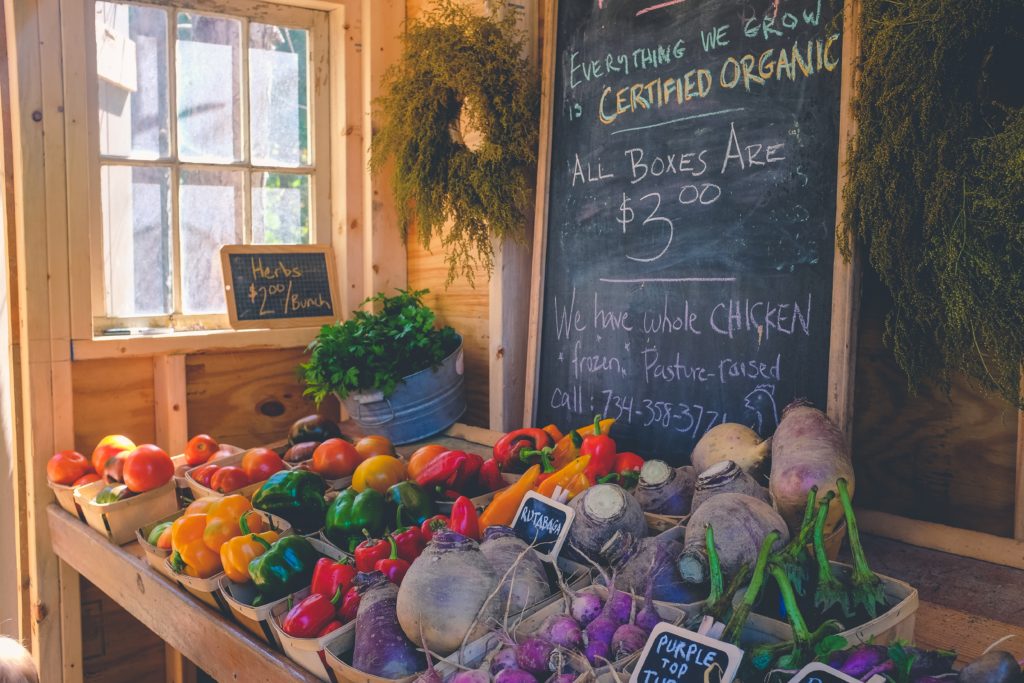 I’ve previously shared the horrifying response I received from our son’s Oncologist when asked about what foods our son should or shouldn’t eat during his 3.5 year cancer battle…
I’ve previously shared the horrifying response I received from our son’s Oncologist when asked about what foods our son should or shouldn’t eat during his 3.5 year cancer battle…
“Oh, don’t worry about that,” he smirked, “A calorie, is a calorie, is a calorie. We just don’t want him to lose weight. Feed him whatever he feels like. If he wants French fries or a cupcake from the cafeteria, let him have it.”
And let me just go ahead and say this again too…I AM truly thankful for our conventional medicine team. I do believe that they played a crucial role in my son’s healing!
However, it was at that moment, only days into my son’s cancer diagnosis, that I recognized the essential role that I would have to play in Kicker’s healing journey.
I quickly understood that medical schools are funded by the pharmaceutical industry. Thus, the educational emphasis is on treating medicine with drugs…and although that can be helpful and often life-saving…how dare we not consider the importance of fueling our body with nutrients that will FIGHT cancer and avoiding the nutrients that FEED cancer.
In fact, did you know that a person can change their genetic expression through diet?
Yes…not only can a person actually have quite a bit of control over their health, but the emerging science about epigenetics is proving that they have the ability to control more of their health than they have previously realized.
According to Rod Dashwood, Professor of Environmental and Molecular Toxicology and the head of LPI’s Cancer Chemo Protection Program, stated:
“We believe that many diseases that have aberrant gene expression at their root can be linked to how DNA is packaged, and the actions of enzymes such as histone deacetylases, or HDACs. As recently as 10 years ago we knew almost nothing about HDAC dysregulation in cancer or other diseases, but it’s now one of the most promising areas of health-related research.”
Now, to explain this a bit further, it is important to understand that everyone has cancer suppressing genes in their body that stop cancer cells from progressing.
However, there are certain foods that can be consumed which will help activate and reveal these genes. For example, if a person eats onions, garlic and cruciferous vegetables on a regular basis, they will provide the body with the tools to proactively fight cancer.
To paint an even clearer picture, here’s some stats that may surprise you…
1. 40% or more of cancer patients die from malnutrition.
Chemotherapy and radiation are cytotoxic poisons. This means that they destroy everything in their path, and they do not have the ability to be selective in what they destroy. In fact, both chemo and radiation induce lean tissue loss, also known as cachexia.
The good news is that we can use specific nutrients to help limit the destruction of chemo and radiation by protecting our healthy cells. In fact, in 2014 there was a paper published in the journal of Cancer and Metabolism entitled, Metabolic Reprogramming Induced by Ketone Bodies Diminishes Pancreatic Cancer Cachexia. This study found that when fat was increased in the diet, there was an immediate improvement in preserving muscle mass.
2. 80% of the immune system resides in the gut.
Our immune system plays a crucial role in the fight against cancer. Recognizing this allows us to be intentional about what foods we are eating to contribute to the health of our immune system.
Here are 5 specific foods to fight cancer:
1. Bone Broth
Because the majority of the immune system is located in the gut, it’s important to consume foods that positively contribute to it’s integrity. With bone broth, the gelatinous properties that naturally occur in the bones are drawn out in the cooking process. These nutrients increase the integrity of the immune system. If interested, here’s my recipe.
2. Dark Leafy Greens
Dark leafy greens are full of specific nutrients that can inhibit the growth of cancer. (i.e. carotenoids, folate, chlorophyll and fiber) They are also a natural source of glucosinolates, which helps the body to fight cancer by reprogramming cancer cells. Finally, studies have shown that they contain antibacterial and antiviral properties.
3. Omega 3 Fats
Having a higher intake of Omega 3 fats has been associated with a 40% reduced risk of certain cancers. Most cancer cells use sugar as fuel, not fat. Therefore, consuming more fat will help to reduce inflammation and allow the body to starve and fight the cancer cells. Some foods that have a healthy ratio of Omega 3 fatty acids include: organic coconut oil, flax seeds, chia seeds, wild caught seafood and pasture raised eggs and butter.
4. Organic Spices
One antioxidant will neutralize one free radical, and free radicals are cancer causing atoms. Therefore, by increasing the number of antioxidants in the diet, a person can get rid of the free radicals. Some examples include: turmeric, ginger, rosemary and curry, which are also know to boost the immune system due to their high antioxidant content.
5. Organic Nuts and Seeds
Nuts and seeds are a great source of both macronutrients and micronutrients, including: vitamins, minerals, proteins, fats, flavonoids and fiber. Plus, they are a great snack to enjoy that not only provide beneficial nutrients, but to also satiate the palate.
If interested, here’s a few additional studies…
These discuss the incredible effects of nutrition and following a Ketogenic style diet to fight cancer:
Ketogenic Diets as an Adjuvant Cancer Therapy: History and Potential Mechanism. Bryan Allen, Sudershan Bhatia, Carryn Anderson, Julie Eichenberger-Gilmore.
Summary: The ketogenic diet is a sage and complimentary treatment that can exploit the differences between cancer and normal cells.
A Pilot Study: 10 Patients with Advanced Cancer on a Ketogenic Diet for 4 weeks. Eugene Fine, CJ. Segal- Isaacson, Rucgard Feinman, Silvia Herszkopf.
Summary: Higher levels of ketones correlated with stable disease or partial remission
These reveal how sugar feeds cancer:
Biology of Glucose Metabolization in Cancer Cells. Journal of Oncological Sciences. Vol. 3, Issue 2.
Fructose-1,6-Bisphosphate Couples Glycolytic Flux to Activation of Ras. Nature Communications.
Study links high sugar intake to increased risk of breast cancer. Honor Whiteman.
Please Note: This post contains affiliate links. If you make a purchase using these links, there’s no additional charge to you, and I will receive a small commission from the company. This helps to cover the basic costs of this website and allows me to continue providing you with free content. Thanks so much for your support!

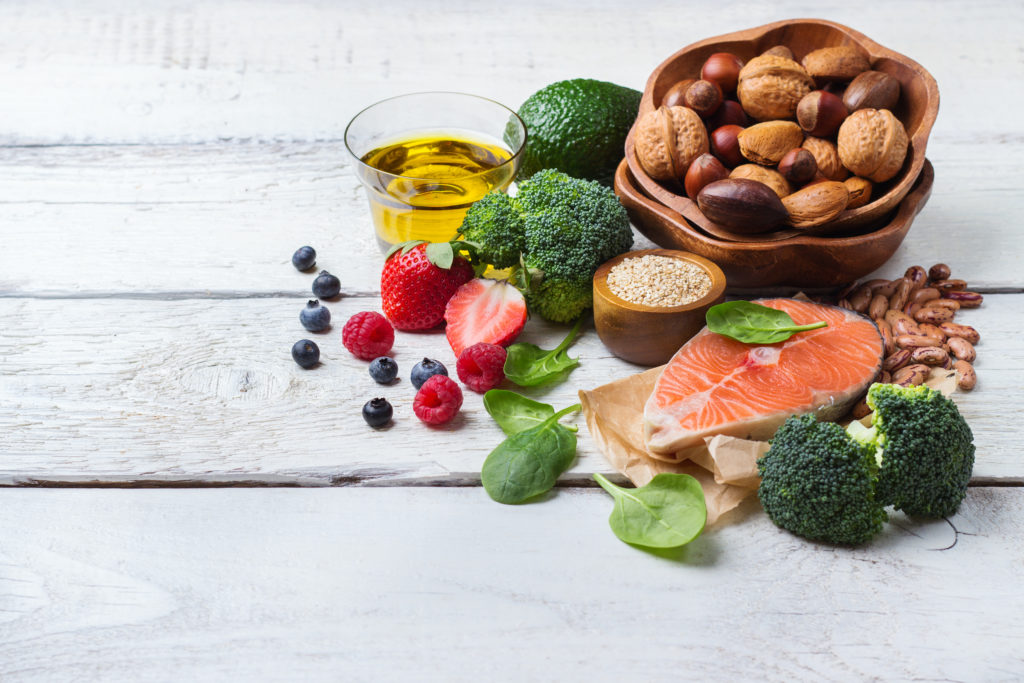
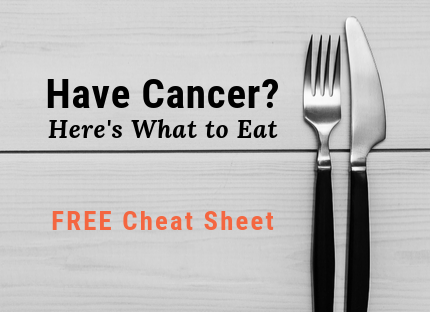
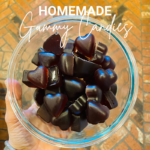
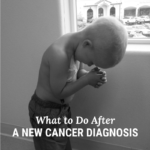
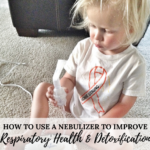
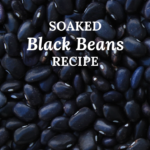
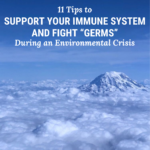



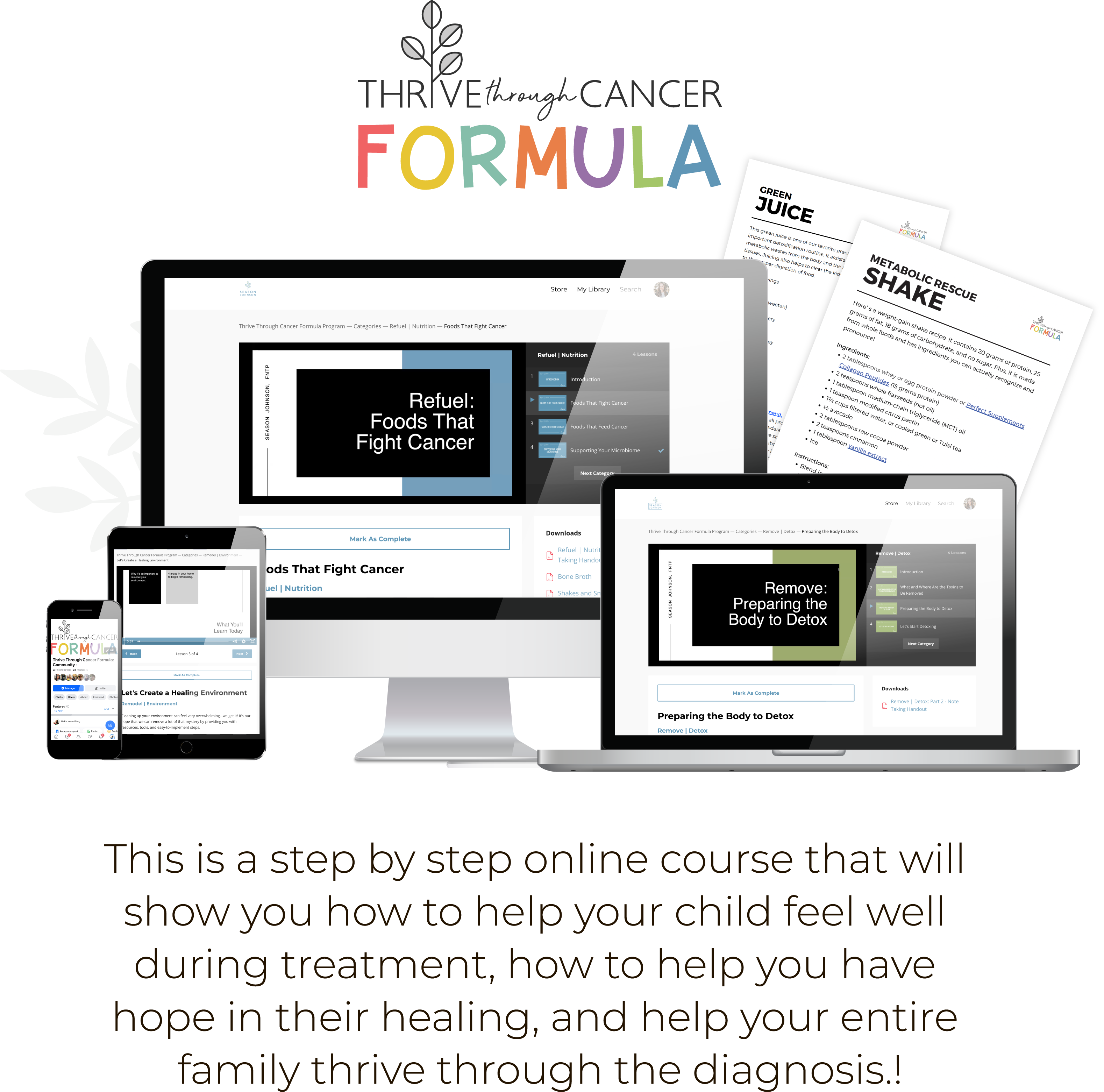


I have been diagnosed with primary biliary colangitis, or liver cirrhosis. I’ve been told that I’m in end stage with a meld score of 9. Today I went through a liver biopsy to determine if I have auto immune Hep C. If this is found the doctor wants to put me on a steroid/med routine using prednisone, which I do not want to do. I wanted to ask if you would have any advice on treatment of cirrhosis of the liver and possibly the auto immune diagnosis. I have been interested in treating the cirrhosis with a holistic method since I’ve been diagnosed, but I am so uniformed of the treatments. Would there be any advice that you could give me?
Hi Cheryl – A couple of things…you could begin doing a castor oil pack over the liver and using essential oils (i.e. Zendocrine for detoxification support). Also, if you are looking for more individualized support, you could begin working with http://www.biodynamicwellness.com. Finally, I will be releasing a Thriving Through Cancer Course soon that will have loads of additional information and resources. Here’s the details for now: https://www.seasonjohnson.com/course/ Hope this helps.
During my very first chemo the hospital staff asked me if I’d like to see the nutritionist and talk with her about diet. I said of course! When I asked her what I could eat during treatment to help boost my body and fight the cancer she said “Eat whatever you want! Pizza, doughnuts, bagels-anything that sounds good.” I was majorly disappointed (and shocked), but it was a truly blessing in disguise as her “advice” and my diagnosis/treatment was the catalyst for me to learn and investigate my own cancer fighting diet. It is also what led me to the NTA where I studied to become an NTC! I found you just yesterday as I was listening to the Colorful Eats podcast, and I am SO HAPPY I did. You rock and your information is so empowering! Thank you for doing what you do. I have signed up to be notified when your online cancer course comes out-can’t wait!
Awe…thank you so much for your kind words and am so thankful that you chose to become empowered in your own journey to fight differently!! Gotta love the education from the NTA, right?! I hope to get the course released very soon…I’m on the home stretch.
I hope to get the course released very soon…I’m on the home stretch.  And I wish you the absolute best in your own health!
And I wish you the absolute best in your own health!
Are all cancers addressed in the same dietary way?
I have skin cancer.
Hi Julie – I’m so sorry to hear this! Everyone is biochemically individual and will have different needs. However, the things I’ve listed here are good foundational places to start. Hope that helps!
I’d like to be notified about the online cancer course
No problem! Just go to the “Programs” tab and you can find all of my courses and programs listed there. Thanks!
Would this work for breast cancer too?